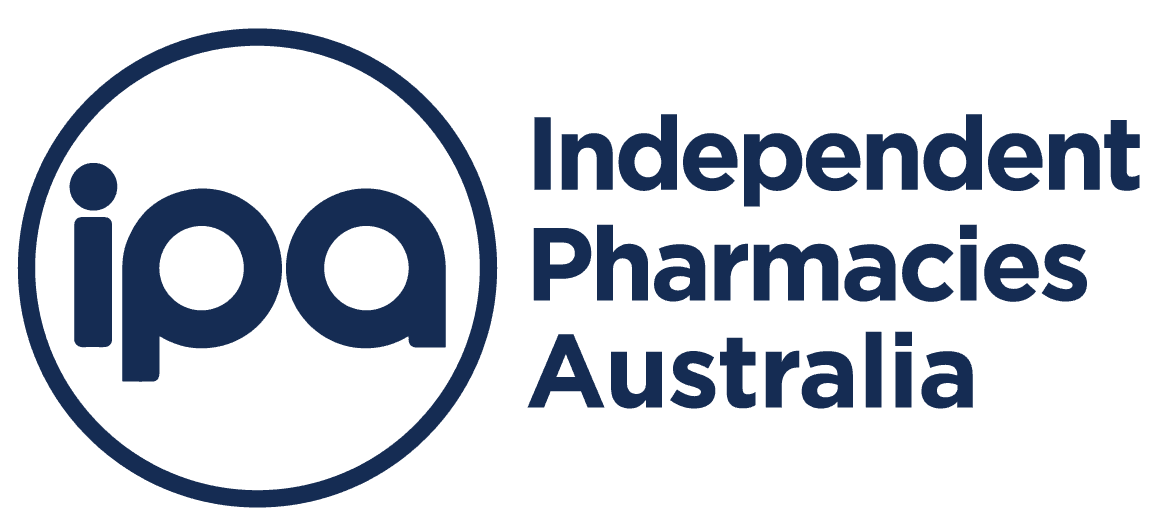
Breathe Easy: Protect Yourself from Pneumonia This Season
By IPA Pharmacist, Melody
When we think of respiratory illnesses, the flu or a cold might come to mind, but pneumonia is the one that can quietly take your breath away—literally and figuratively. As a pharmacist, I see too often how quickly pneumonia can escalate, especially in our older population and those with chronic health conditions. The good news? We can absolutely prevent many cases through vaccination.
What Is Pneumonia?
Pneumonia is a serious lung infection that causes inflammation in the air sacs of one or both lungs. These air sacs may fill with fluid or pus, leading to symptoms like1:
- Cough (often with phlegm)
- Fever and chills
- Shortness of breath
- Chest pain when breathing or coughing
- Fatigue
Pneumonia can be caused by viruses, bacteria or even fungi, with Streptococcus pneumoniae (a type of bacteria) being one of the most common—and preventable—culprits.2, 3
Who’s Most at Risk?
While anyone can get pneumonia, it can be life-threatening in certain groups.2
- Adults aged 70 and over
- Young children, especially under 5
- People with chronic conditions (like asthma, diabetes or heart disease)
- Aboriginal and Torres Strait Islander peoples aged ≥50 years
- People with weakened immune systems (such as those undergoing cancer treatment)
As your local pharmacist, I urge everyone in these groups, or anyone caring for someone who is, to understand the power of prevention.
Vaccinations: Your Best Defence
Thankfully, Australia’s National Immunisation Program (NIP) covers the cost of key vaccines that protect against pneumonia. Here’s what you should know:
- Pneumococcal Vaccines
There are two different pneumococcal vaccines available in Australia, each designed to protect against a range of bacteria that commonly cause pneumonia. One offers protection against 13 strains, while the other covers an even broader spectrum of 23 strains.
Depending on your age, medical history, and Indigenous background, you may be eligible for one or both of these vaccines, free of charge under the National Immunisation Program (NIP).
- Influenza Vaccine
Why the flu shot for pneumonia? Because the flu virus can often lead to pneumonia as a secondary infection.6 The annual flu vaccine is funded under the NIP for7:
- All adults over 65
- Pregnant women
- People with chronic medical conditions
- Aboriginal and Torres Strait Islander people aged 6 months and older
- COVID-19 Vaccine
COVID-19 can also cause viral pneumonia.8 Staying up to date with COVID boosters is another way to reduce your risk of serious lung infections.
When and Where Can You Get Vaccinated?
Your local pharmacy (yes, like us!) now plays a key role in delivering vaccines quickly, conveniently, and safely. Many pharmacies are now equipped to provide NIP-funded vaccines for eligible groups, especially older adults.
You don’t need a prescription, and you can often walk in or book online. We’ll handle everything from checking your eligibility to administering the vaccine and even update you AIR (Australian Immunisation Register) records.
Final Thoughts: A Shot of Prevention
Pneumonia can be deadly, but it doesn’t have to be. If you’re eligible for a vaccine, you’re also eligible for peace of mind. So, whether you’re looking after a grandparent, managing a chronic illness, or just want to breathe a little easier this winter, ask your pharmacist about pneumonia prevention.
We’re here to help keep your lungs – and your life, strong.
Got questions? Chat to your local IPA Pharmacist. Prevention is always better than cure.
Who are IPA Pharmacists?
IPA Pharmacists are part of Australia’s largest network of independent pharmacies. They offer personalised healthcare and expertise in medicines. They specialise in various health aspects, such as sleep and diabetes, and are dedicated to supporting your wellness journey. With a network of over 1,100 pharmacies and growing, an IPA pharmacy near you is ready to provide exceptional advice, services, and products to enhance your health outcomes.
References:
- Mayo Clinic. Pneumonia. Published March 6, 2024. Accessed May 20, 2025. https://www.mayoclinic.org/diseases-conditions/pneumonia/symptoms-causes/syc-20354204
- Better Health Channel. Pneumococcal disease. Reviewed August 2022. Accessed May 20, 2025. https://www.betterhealth.vic.gov.au/health/conditionsandtreatments/pneumococcal-disease
- Australian Government Department of Health and Aged Care. Pneumococcal disease. Australian Immunisation Handbook. Updated March 2024. Accessed May 20, 2025. https://immunisationhandbook.health.gov.au/contents/vaccine-preventable-diseases/pneumococcal-disease
- NPS MedicineWise. Pneumococcal vaccines – Prevenar 13 and Pneumovax 23. Updated March 2024. Accessed May 20, 2025. https://www.nps.org.au/assets/medicines/4d60547e-fff3-49b0-af08-a53300ff4d26.pdf
- NPS MedicineWise. Summary of pneumococcal vaccination recommendations. Updated March 2024. Accessed May 20, 2025. https://www.nps.org.au/assets/medicines/62c80b6f-e4d3-4aaf-8320-a53300ff2a71.pdf
- Metzger DW, Sun K. Immune dysfunction and bacterial coinfections following influenza. J Immunol. 2013;191(5):2047-2052. doi:10.4049/jimmunol.1301152
- Australian Government Department of Health and Aged Care. 2025 Influenza Vaccination Program: Advice for Health Professionals. Published March 2025. Accessed May 20, 2025. https://www.health.gov.au/sites/default/files/2025-03/2025-influenza-vaccination-program-advice-for-health-professionals_0.pdf
- Cleveland Clinic. COVID Pneumonia. Updated February 2, 2023. Accessed May 20, 2025. https://my.clevelandclinic.org/health/diseases/24002-covid-pneumonia
Resources:
